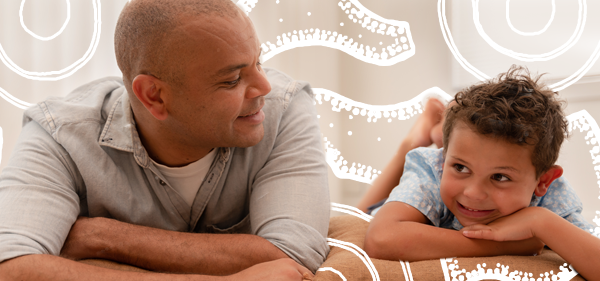Hearing Australia takes another major step in helping close First Nations hearing gap

Hearing Australia has launched its Shared Hearing Services Partnership, working closely with three Aboriginal Community Controlled Health Organisations (ACCHOs) to reshape the way hearing services are delivered to better meet the needs of communities.
It’s the first time Hearing Australia and ACCHOs have worked so closely to collaborate on such a partnership model, which will be rolled out around the country.
Over the past six months Hearing Australia has worked closely with the Orange Aboriginal Medical Service (OAMS), the Coonamble Aboriginal Health Service (CAHS) and the Katherine West Health Board (KWHB) to reshape hearing service delivery.
A pivotal milestone was achieved this month with the signing of four-year Shared Hearing Services Partnership Agreements with OAMS and CAHS. Under these partnerships, Hearing Australia will work with the local health services to improve the impact of hearing services within their communities while building the capability of local health staff.
“We are pleased to announce this significant step,” said Kim Terrell, Managing Director of Hearing Australia. “We currently work with more than 100 Aboriginal community-controlled health services and will provide hearing services to some 25,000 First Nations children and adults this financial year. But we need to improve the hearing health outcomes for First Nations peoples and through these partnerships, we’re looking forward to collaborating with more local services as we roll the model out across the country.”
Ear and hearing problems are a significant issue faced by First Nations people, with an estimated 43 per cent of Aboriginal and Torres Strait Islander people suffering from hearing loss.
In early childhood, First Nations children are disproportionately represented in the statistics around hearing loss, and waiting times for First Nations children to access audiology services can be long.
As of December 2021, there were 3,403 Indigenous children and young people on the audiology waiting list, and 1,835 children and young people on the waiting list for ENT teleotology services.
Chloe Thompson, OAMS’ Aboriginal Health Practitioner Lead, is strongly supportive of the new approach: “We both have the same goal in mind and that’s to improve ear and hearing health for Aboriginal and Torres Strait Islander people.
“At present, there are 19 socio-economic Close the Gap targets for our people. Ear and hearing health is absolutely at the core of those.”
Chloe knows first-hand the importance of the service. During her upskilling in hearing health, Chloe tested the hearing of her children. Her six-year-old son, Beau, returned a concerning result, which prompted Chloe to book an appointment with Hearing Australia.
“The audiologist at Hearing Australia confirmed that he had moderate hearing loss, and he was very quickly fitted with a hearing device, which helped to improve his hearing until getting grommets,” Chloe explained. “My son now has normal hearing, and because of the support he received early, developmentally he at least has a chance of catching up to his peers. I’m so grateful that we were able to get the help he needed.”
As well as the partnership announcement, Hearing Australia has launched a new, dedicated First Nations Telephone Support Line, making it easier for Aboriginal and Torres Strait Islander Peoples to access hearing help. Both initiatives are key deliverables of the organisation’s three-year action plan, announced last year.
The support line offers general ear and hearing health information and support to help increase access to culturally appropriate, timely and accurate ear and hearing health information. It was a key deliverable under Hearing Australia’s three-year action plan and after trialling and refining the service, it is now available for parents, health professionals, educators and others working with First Nations communities.
To access the First Nations Support Line, call 134 432 and select ‘Option 4’, or email [email protected]
The support line is available Monday-Friday from 8.30am-5pm AEST.
Popular

Quality
Practice
Provider
Research
Workforce
Honouring the quiet magic of early childhood
2025-07-11 09:15:00
by Fiona Alston

Policy
Practice
Provider
Quality
Workforce
Minister Jess Walsh signals urgent action on safety and oversight in early learning
2025-07-11 08:45:01
by Fiona Alston

Workforce
Policy
Quality
Practice
Provider
Research
The silent oath: Why child protection is personal for every educator
2025-07-17 09:00:31
by Fiona Alston











